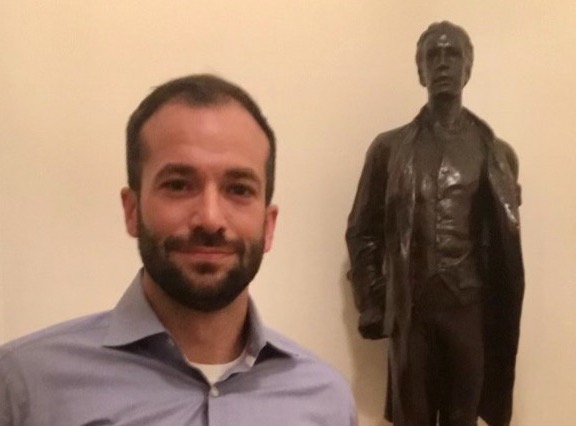The shadow war for America
- Jeff Rogg

- Dec 5, 2020
- 1 min read
Updated: Dec 6, 2020
The American Revolution almost never happened. The British had a highly placed spy among the Americans providing intelligence on their secret meetings. A few days before the Battles of Lexington and Concord and the "shot heard round the world," General Thomas Gage, the British military governor in Massachusetts, received a letter from Lord Dartmouth, the British secretary for the American colonies, urging him to arrest the leaders of the American independence movement. But Gage left the leadership alone and chose to target their weapons supply at Concord instead. The rest, as they say, is history.
As children, many of us heard the poem "Paul Revere's Ride" by Henry Wadsworth Longfellow. It begins:
"Listen, my children, and you shall hear
Of the Midnight Ride of Paul Revere"
The poem also mentions the phrase "one if by land, two if by sea" because the Americans would hang one lantern in the Old North Church if the British planned to head for Lexington and Concord on land or two if the British went by ship. But how would the Americans know this? Just like the British had spies watching the Americans, the Americans had their own spies watching Gage and the British.
Even before the first shots of the Revolutionary War, the British and Americans were already locked in a shadow war. Each side faced the problem of counterintelligence, or the attempt to identify enemy spies in your ranks. But who was the leading figure in the revolutionary movement spying against his fellow Americans? The next post will talk about the interesting life--and mysterious death--of America's first traitor.

Source: National Archives, 535721




Comments